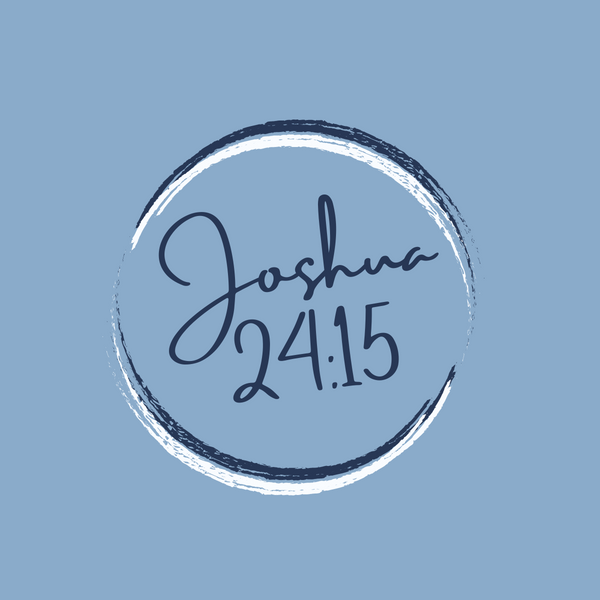Journaling is a great way to process your thoughts and feelings. But what if you used that journal to process your thoughts and feelings about your faith?
Bible journaling is a wonderful way to connect with God on a deeper level. When you journal about your Bible reading, you're able to slow down and really focus on what you're learning. You also get to see how God has worked in your life over time.
In this post, we'll explore the benefits of Bible journaling and offer some tips on how to get started.
What Is Bible Journaling?
Bible journaling is a form of personal Bible study that involves writing down your thoughts and reflections as you read Scripture. It can be done in a notebook, on a tablet, or even right in your Bible!
The benefits of Bible journaling are many:
- It can help you stay focused and engaged as you read Scripture.
- It can help you connect with the Bible on a deeper level.
- It can help you remember the insights and revelations you receive.
- It can be a great way to document your spiritual growth over time.
Why Should You Start Bible Journaling?
There are so many reasons to start Bible journaling, but here are just a few:
1. Bible journaling can help you connect with God on a deeper level. The more time you spend in his Word, the more you'll learn about his character and nature. This can strengthen your faith and help you grow in your relationship with him.
2. Bible journaling is a great way to keep track of your spiritual journey. As you journal your thoughts, prayers, and insights, you'll have a permanent record of your growth as a Christian.
3. Bible journaling can be a valuable spiritual discipline. It can help you stay focused on God's promises, keep track of your blessings, and document spiritual growth over time.
How to Get Started With Bible Journaling
So you're interested in Bible journaling but don't know where to start? Here are a few tips!
First, find a Bible that's comfortable for you to write in. You don't need anything fancy—a simple, paperback Bible will do.
Next, choose a journaling style that feels right for you. Some people prefer to keep their thoughts and reflections organized by topic, while others just free-write their thoughts as they come.
Finally, get creative! Be intentional about how you want your journal to look, and go for it. You can doodle, color, or even use stickers to decorate your pages.
Tips for Successful Bible Journaling
So you've decided to start Bible journaling? Congratulations! It's a great way to connect with God, deepen your faith, and learn more about the Bible. But where do you start?
Here are a few tips for getting started:
Pick a Bible translation you like and that you feel comfortable working with. There's no right or wrong translation, so choose the one that feels best for you.
Choose a journaling style that works for you. Some people prefer to write out their thoughts and prayers, while others prefer to draw or doodle.
Start with a prayer or meditation. This can help set the tone for your session and get you in the right mindset.
Be patient. Bible journaling is a process, and it takes time to develop a habit. Don't be discouraged if you don't see results immediately.
FAQs About Bible Journaling
Q: What is Bible journaling?
A: Bible journaling is a creative way to connect with God's Word and grow in your faith. It involves writing out your thoughts, prayers and scripture readings as you go along, and can be done in a variety of different formats.
Q: Do I need any special supplies?
A: Not necessarily. You can use a blank notebook, a journal or even your Bible itself. However, there are some great tools and supplies specifically designed for Bible journaling if you want to get more creative.
Q: What should I do if I don't know where to start?
A: Simply start by writing out the date and then reading a passage of scripture. Meditate on the words, ask God to speak to you through them, and then record your thoughts and prayers.
If you're looking for a way to connect more with God, Bible journaling may be the answer for you. Journaling allows you to slow down and really think about the scriptures you're reading, and it can help you learn more about yourself and your faith.
So what are you waiting for? Pick up a Bible and a journal and get started! You may be surprised at how much you grow in your faith journey.
Are you already into Bible journaling? Share your tips and favorite tools in the comments.

